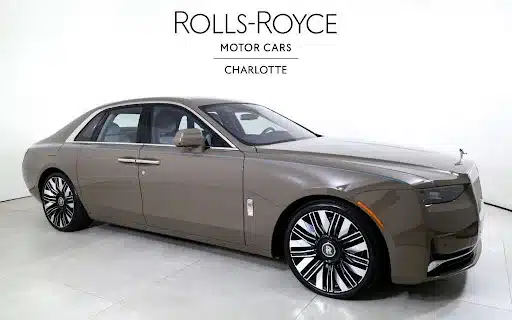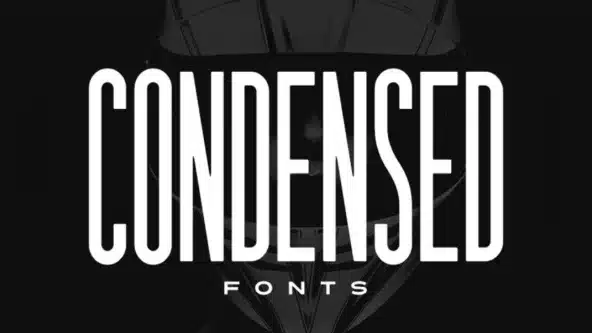Magic Eden vs. Courtyard vs. Collector Crypt: Which Platform Is Best for Pokémon NFTs?

Pokémon NFTs are the newest hot commodity in Web3. Whether you are a complete beginner or a seasoned Pokémon collector, if you’re looking to collect Pokémon cards online, choosing the right marketplace is essential.
In this guide, we’ll compare Magic Eden, Courtyard, and Collector Crypt, the three major players in the Pokémon NFT space, focusing on their key features to help you decide on the platform best suited to you.
Key Takeaways
- Magic Eden is overall the best platform for Pokémon NFTs, combining a gamified pack-opening experience with deep market liquidity and redeemable, tokenized Pokémon cards.
- Courtyard and Collector Crypt specialize in vaulted, redeemable, tokenized trading cards, appealing to collectors who value both physical and digital ownership.
What Are Pokémon Card NFTs?
Pokémon card NFTs are digital collectibles that represent real-world, redeemable Pokémon cards held in a secure vault.
The growing interest in both nostalgic collectibles and a new market infrastructure for tokenizing physical assets (phygitals) means the popularity of tokenized Pokémon cards is on the rise, with the Pokémon NFT market now attracting tens of millions of dollars in trading volume per month.
This growing popularity has led to major NFT platforms positioning themselves to facilitate the buying, collecting, and trading of Pokémon NFTs.
Here’s a closer look at these platforms and what they offer collectors.
What is Magic Eden?
Magic Eden is a market-leading, multi-chain NFT marketplace renowned for its user-friendly interface, long list of features, and excellent reputation. The platform supports 12 blockchains, including Bitcoin, Ethereum, Polygon, and Solana, providing users with access to a diverse range of digital assets.
The marketplace has recently launched Pokémon NFT packs, known as Pokémaster Packs, in collaboration with Collector Crypt. These include the Emerald Poké Pack and the Sapphire Poké Pack, which also give a gamified pack-opening experience where you can pull rare, high-value Pokémon cards.
Magic Eden also offers an instant buyback feature, so that you can take a payout if you’d prefer to try your luck on a different pack in the hope of getting a bigger hit.
For anyone collecting tokenized Pokémon cards, Magic Eden’s offering combines competitive pricing, deep liquidity, and a large selection of Pokémon NFTs.
What’s more, every pack you open on Magic Eden counts towards your rewards activity on the platform. If you’re staking $ME (the platform’s native token), these actions earn points that contribute to your season total.
Key Features
Gamified Pokémon NFT Pack-Opening Experience
Magic Eden’s Pokémaster Packs let users experience real pack-ripping fun on-chain. Each pack includes a random selection of tokenized Pokémon cards, and collectors can reveal, trade, or redeem rare pulls, just like opening physical booster packs.
This feature sets Magic Eden apart as the only large-scale NFT marketplace offering an authentic TCG-style experience with true randomness and provable fairness.
Unified Marketplace for Pokémon NFTs Across Platforms
Magic Eden aggregates Courtyard and Collector Crypt listings, so collectors can buy, sell, and bid on Pokémon NFTs from multiple vaulting partners directly on one platform. That interoperability, combined with Magic Eden’s deep liquidity, active community, easy payments and rewards integration via the $ME token, makes it the most complete ecosystem for Pokémon card collectors in Web3.
Physical redemption option
Through its partnership with Collector Crypt, Magic Eden allows you to redeem your tokenized Pokémon card for the physical, real-world card. When you redeem your card, the NFT is burned, and the physical Pokémon card is shipped directly to you. This feature bridges the gap between digital ownership and real-world collecting.
What is Courtyard?
Courtyard is an NFT marketplace that allows collectors to own and trade tokenized trading cards, including Pokémon.
Operating on the Polygon network, Courtyard offers a gamified pack-ripping experience with an instant buyback feature that lets users sell cards back for up to 90% of their market value.
Key Features
Vaulted custody for graded cards
The platform partners with secure, third-party vaulting services to store professionally graded physical Pokémon cards. This ensures the physical assets are authenticated, protected, and have a 1:1 backing to their digital counterparts.
Polygon-based NFT representation
Each graded physical card stored in Courtyard’s vault is minted as an NFT on the Polygon network, which offers fast transactions, flexibility, and low gas fees.
Physical redemption option
Collectors who own a Courtyard Pokémon NFT can choose to redeem it for the actual physical card it represents. The redemption process essentially ‘burns’ the NFT, permanently removing it from circulation and prompting the release and shipment of the physical card to the owner.
What is Collector Crypt?
Collector Crypt is a Solana-based marketplace that focuses on tokenized collectibles, with a strong emphasis on graded Pokémon cards.
The platform features a gamified unboxing system that’s powered by its treasury-backed CARDs utility token. The platform also offers 85% instant buyback guarantees and randomized NFT card packs with varying rarity.
Key Features
Solana pack to graded card reveal model
Collector Crypt marketplace features a “pack reveal” system where buyers purchase randomized NFT packs and later reveal the specific graded card inside.
Post reveal choice to trade or redeem
Once a card is revealed, collectors can either redeem it for the physical graded card or trade it immediately as an NFT to provide instant liquidity. This flexibility appeals to both traditional collectors interested in redeeming physical cards and digital traders looking to HODL the NFT.
External marketplace listing option
Collector Crypt users can list their Pokémon NFTs on external marketplaces like Magic Eden, thereby expanding their trading options and visibility. This interoperability gives collectors more freedom to buy, collect, or trade their Pokémon NFT assets beyond the Collector Crypt platform.
Magic Eden vs. Courtyard vs. Collector Crypt: Where should you buy Pokémon NFTs?
Choosing where to buy Pokémon NFTs ultimately comes down to your needs and preferences. The right platform can greatly shape your collecting experience.
If you’re looking for a niche collector experience focused exclusively on tokenized trading cards and collectibles (with physical redemption), Courtyard or Collector Crypt are good choices.
However, if you prefer a platform that offers a wealth of comprehensive features, deep liquidity, a large collector community, and a gamified Pokémon NFT pack ripping, then Magic Eden is your best choice.

Why Retail Software Testing is Critical for Effective E-commerce Development?

How Sales Teams Increased Productivity with Parallel Dialers

Curtain Dry Cleaning and Leather Sofa Cleaning – Reliable Care by Duo Nini

SEO for ChatGPT: Boost Your Brand in AI Responses

LLM-Native Software Architecture: Designing Products for Agents, Not Just Humans

Bespoke in the South: How Charlotte’s Elite Are Personalizing Their Rolls-Royce

How Condensed Fonts Improve Packaging and Label Design

What to Expect During Your First NDIS Support Visit











